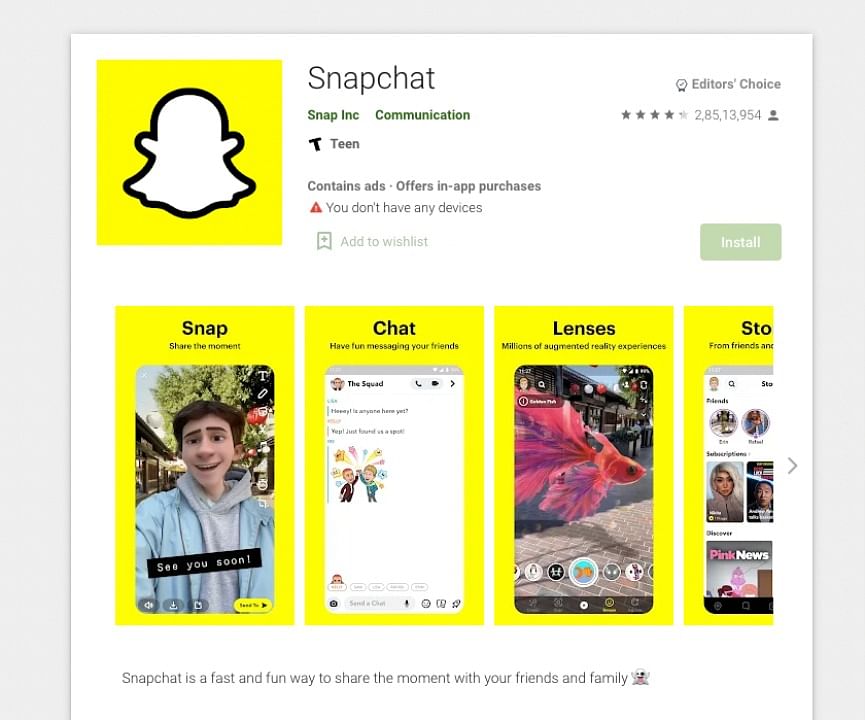
Over the last decade, there is increased use of smartphones among young and old. The convenience of getting a service delivered with a few simple taps on the screen has made the handsets an extended part of our lives and more so with the Covid-19 pandemic. Millions of people including children on dependent on phones to complete project work, attend meetings and classes virtually.
But, access to the internet has some negative aspects, particularly when using social media applications for teenagers. If parents get busy with their work and don’t monitor their wards, the latter can fall prey to predators. There are many instances of youngsters taking up challenges such as Blue Whale and non-sensical acts, asked by a stranger on social media platforms and eventually hurting themselves and also in rare instances losing precious life.
Instagram and others have been adding new security features to prevent such interactions on their respective platforms. But, it is never enough.
In the latest instances, Snapchat has announced they will block people from interacting or even seeking friendship with teenagers (13-17 age group) who don’t have any connection with the latter.
“In order to be discoverable in Quick Add by someone else, users under 18 will need to have a certain number of friends in common with that person -- further ensuring it is a friend they know in real life,” the company said.
The company also noted that there was a drastic decline in terms of drugs-related sales and distribution (in the US) on its platform by 31 percent.
“We continue to work with experts to regularly update the list of slang and drug-related terms we block from being visible in Snapchat. This is a constant, ongoing effort that not only prohibits Snapchatters from getting Search results for those terms, but then also proactively surfaces the expert educational resources in our Heads Up tool,” the company concluded.
Get the latest news on new launches, gadget reviews, apps, cybersecurity, and more on personal technology only on DH Tech.